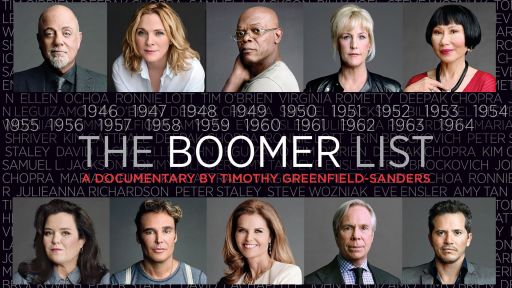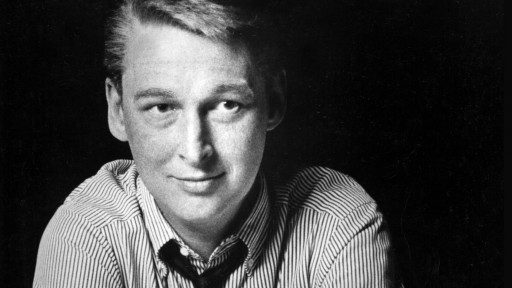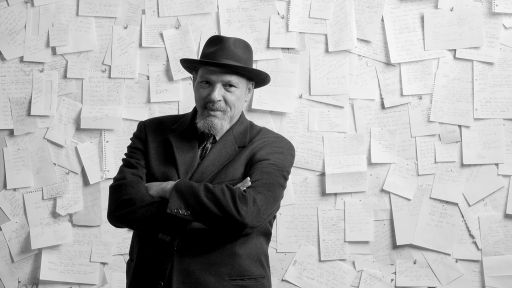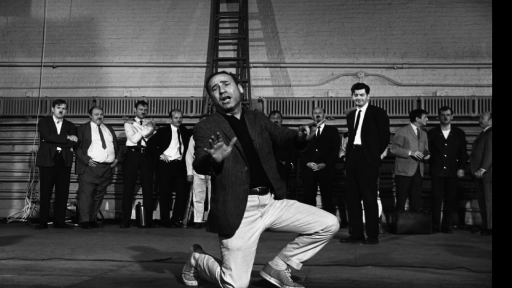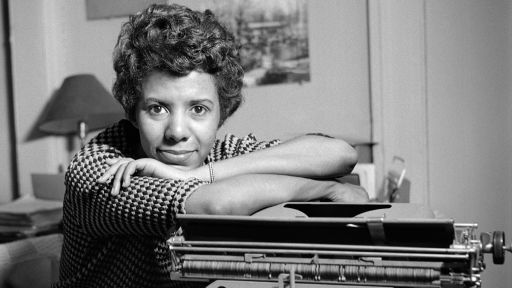In his search for a home for new American theater, producer Joseph Papp saved a historic building in “ruins” from demolition. It was once the Astor Library, which became the first free public library in New York, and had been converted into a place for homeless Jewish people after World War II by the Hebrew Immigrant Aid Society. In the 1960s, the building would evolve into a permanent space for The Public Theater.
Written Features
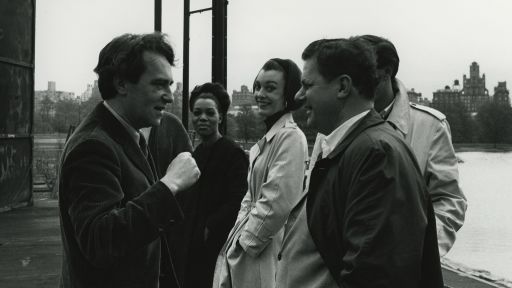
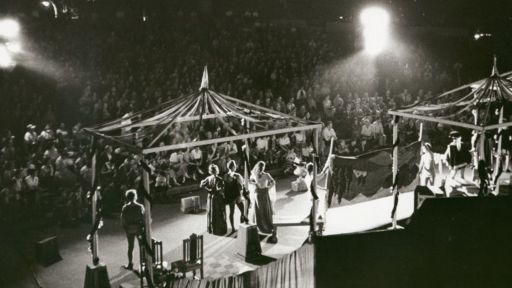
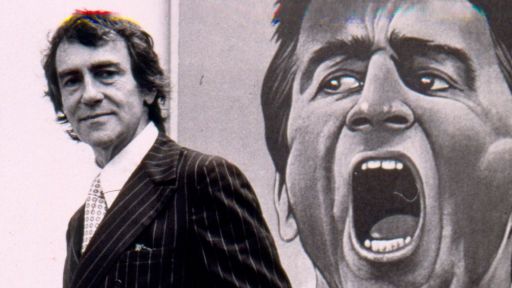
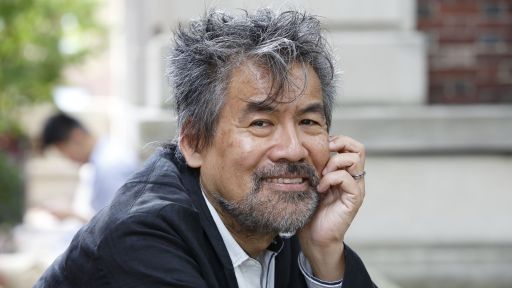
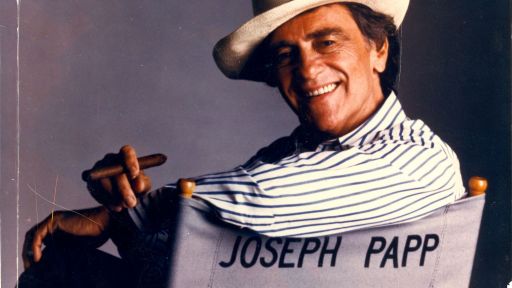
Video Features
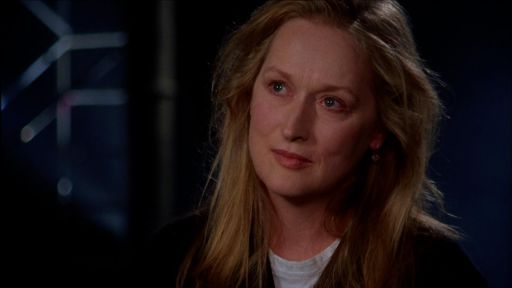
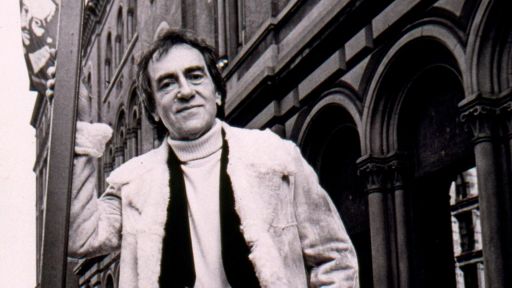
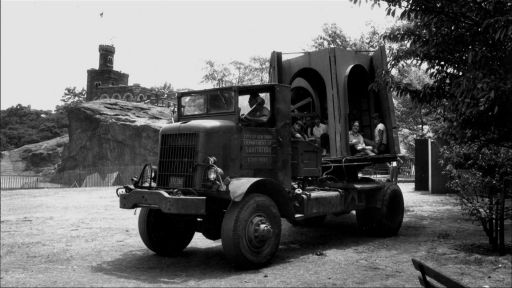
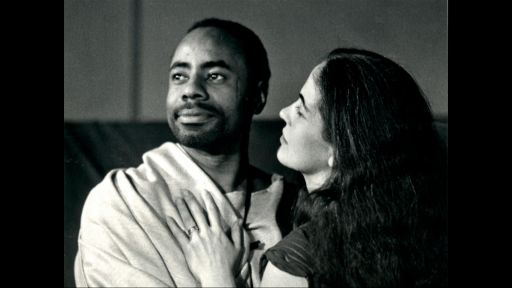
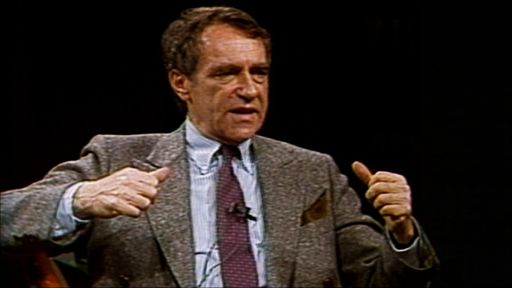
- He was more interested in possibility than in achievement.
He was always interested in where things were going, not where they had been.
When Joe's juices really flowed, were when something was half finished, open.
The minute it was clear where it was going and what it was going to be, he became bored.
(gentle music) - The desire to have a year round theater was a growing impulse, and so by about 1965, we started looking for a place where we might make a permanent theater.
- When I came into that building, it was in ruins.
It was falling apart.
And I saw these little rooms where they housed these people and these little cradles for children.
- Cots, and mattresses, baby shoes.
- And these two kitchens that they had there, kosher kitchens.
- It was just, it was like been arrested in time - And then endless files of names.
- For thousands and thousands of Jewish immigrants, this was their first home, including my Grandpa Max.
You can still see the letters on the side of the building.
HIAS, The Hebrew Immigrant Aid Society.
- It was the first free public library in New York but it had been converted into a place for homeless Jews after World War II.
- I felt in the walls there was a story and our theater would reflect it some way.
- He talked about what this building had been and what that meant to him.
- And he was going to do the things that he felt were important in our lives in this building.
- This was a huge undertaking.
He wanted to bring in new American playwrights and give them a home.
(percussive music)
You May Also Like
